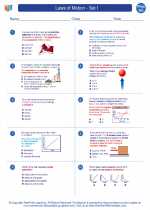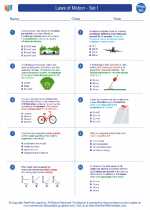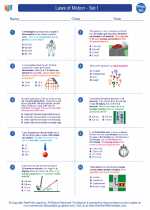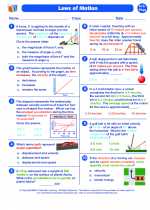Reactivity in Chemistry
Reactivity in chemistry refers to the tendency of a substance to undergo chemical reactions. This can be influenced by various factors such as the arrangement of electrons in the outer shell of an atom, the presence of functional groups, and the structure of the molecule.
Factors Affecting Reactivity
Several factors can affect the reactivity of a substance:
- Electron Configuration: Atoms with a high tendency to gain or lose electrons are more reactive. Elements with incomplete outer electron shells, such as alkali metals and halogens, are highly reactive.
- Functional Groups: Certain functional groups in organic compounds, such as aldehydes, ketones, and halides, can increase reactivity due to the presence of specific chemical moieties.
- Temperature: Generally, higher temperatures increase the reactivity of substances by providing more energy for chemical reactions to occur.
- Concentration: Higher concentrations of reactants can lead to increased reactivity, as there are more particles available to collide and react.
- Catalysts: Catalysts can increase the rate of a chemical reaction without being consumed in the process, thus affecting the reactivity of the reactants.
Measuring Reactivity
Reactivity can be measured by various experimental methods, such as observing the rate of a reaction, measuring the amount of product formed, or using instruments to detect changes in energy, pressure, or concentration during a reaction.
Applications of Reactivity
Understanding reactivity is crucial in various fields, including industrial processes, environmental science, and pharmaceutical development. It helps in designing efficient chemical processes, predicting the behavior of substances in different environments, and developing new materials and drugs.
Study Guide
To study reactivity effectively, consider the following:
- Review the periodic table and understand the trends in reactivity across different groups of elements.
- Study the chemical properties of common functional groups and their effects on reactivity.
- Practice identifying factors that can influence reactivity in different chemical reactions.
- Perform experiments to observe and measure the reactivity of substances under various conditions.
- Explore real-world applications of reactivity in industry, environmental science, and other fields.
Remember to consult your textbook, class notes, and additional resources for in-depth understanding of reactivity in chemistry.
.◂Physics Worksheets and Study Guides High School. Laws of Motion - Set I

 Worksheet/Answer key
Worksheet/Answer key
 Worksheet/Answer key
Worksheet/Answer key
 Worksheet/Answer key
Worksheet/Answer key
